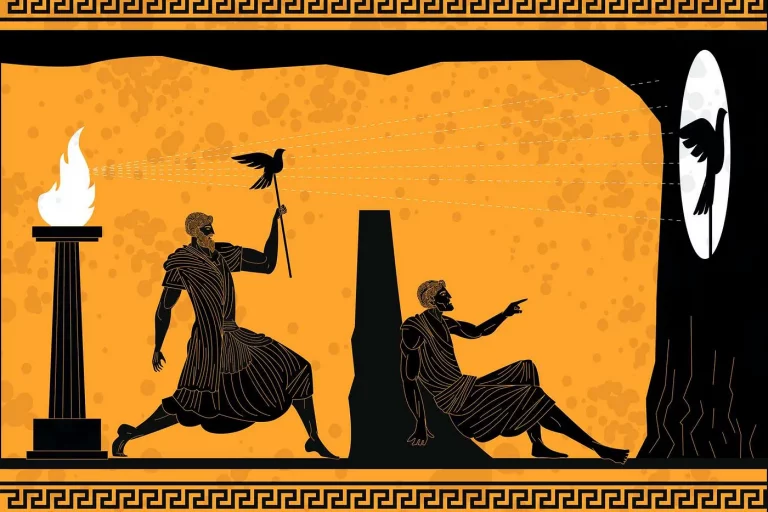Experiencing experience
Tom Guarriello (blog), chief idea officer and principal in TrueTalk, Inc., a management consulting firm, is a psychologist who’s spent over 30 years focusing on human experience. In the article he provides his psychologist point of view on this new trend.
In short, Guarriello argues that the discipline of psychology, in its quest to be “objective” and “scientific”, focused on “measurable responses” of “subjects” to “controlled stimuli”. Psychology, he says, had altered its focus from seeking to understand stories about everyday human experience, to measuring smaller and smaller quantifiable elements. Experience, which can only be described, not measured, was just too squishy and unreliable to study scientifically, a quaint throwback to “pre-scientific” times.
But the study of “human experience as it is experienced” never completely died out. “Phenomenological psychology” continued to focus on “lived-reality,†the common sense ways in which people describe their lives. Guarriello argues that phenomenological psychology’s insights can be very useful in helping businesses gain a sharper focus on their users and customers.
His core claim is that “designing experiences” can’t be done. Designers design occasions for experiences by understanding context and playing close attention to patterns; experiences themselves however are personal, he says.




